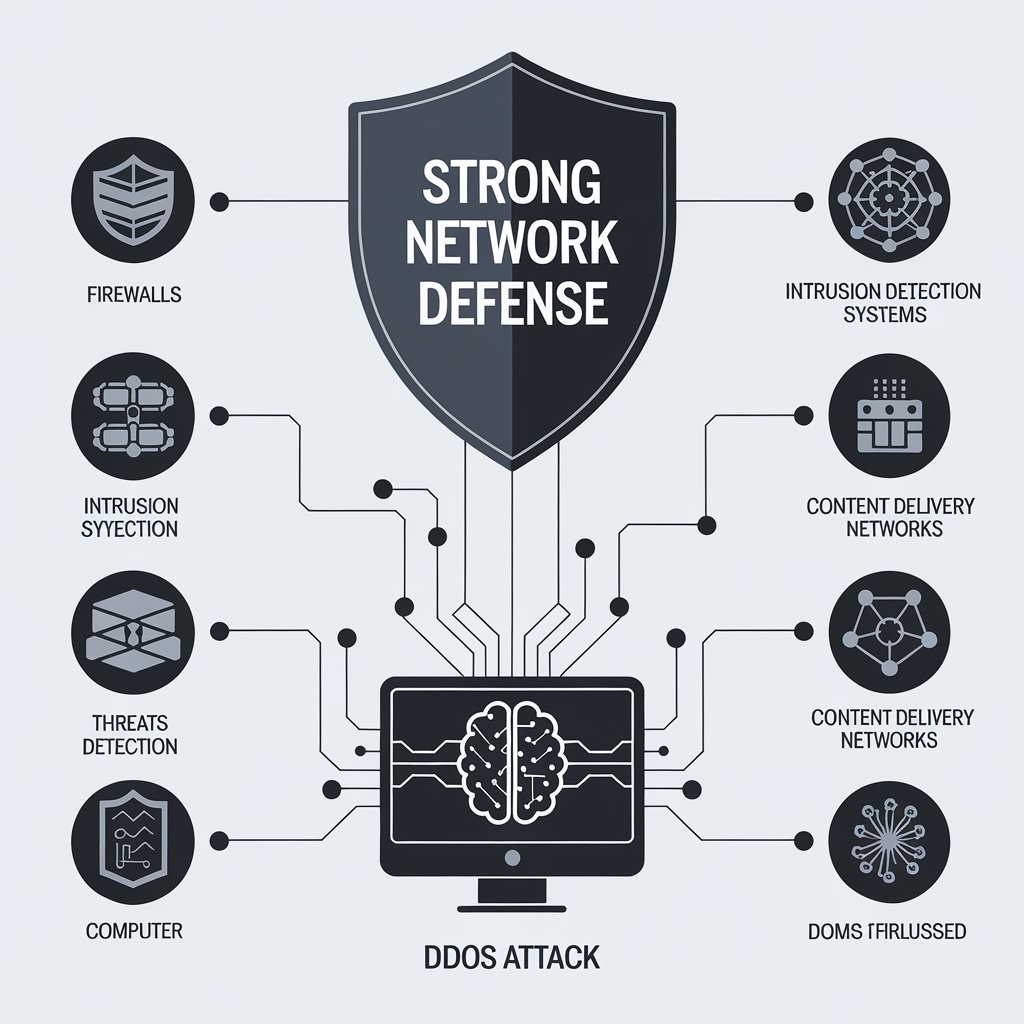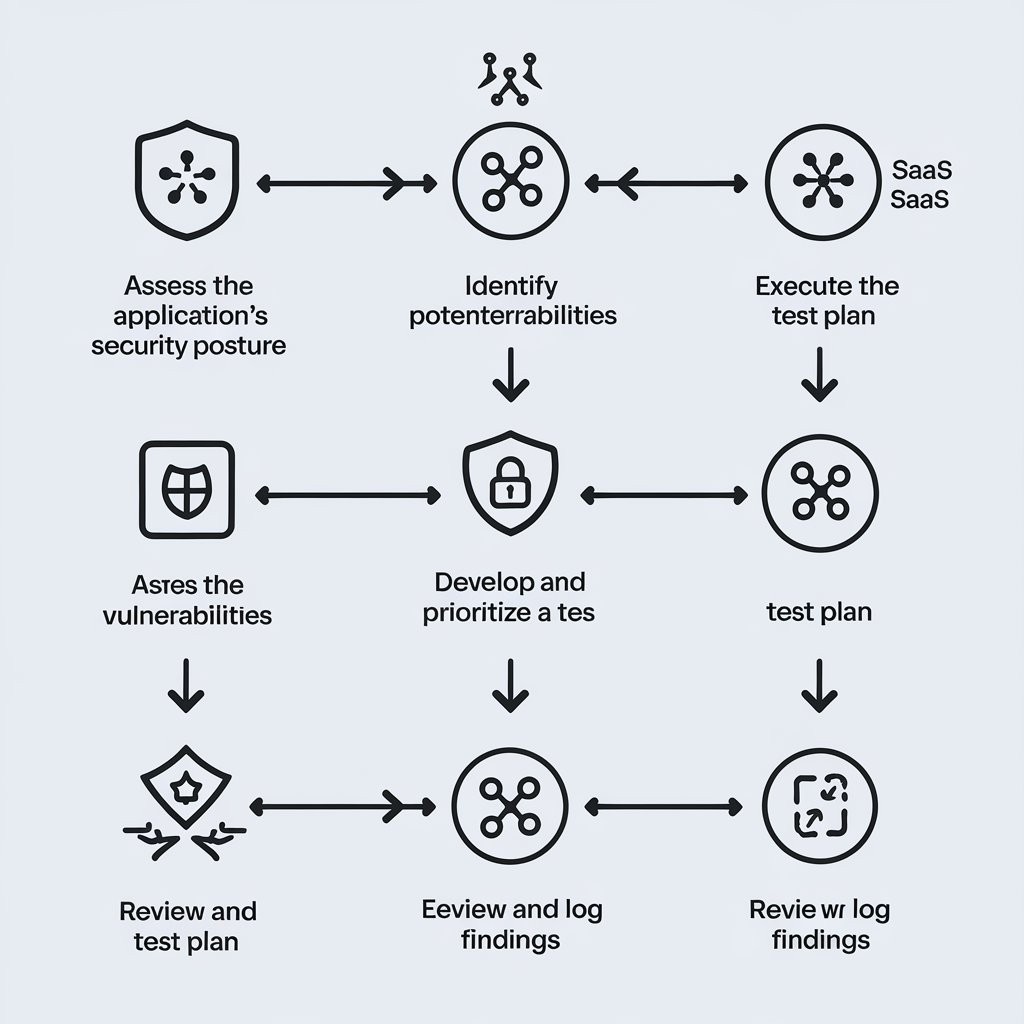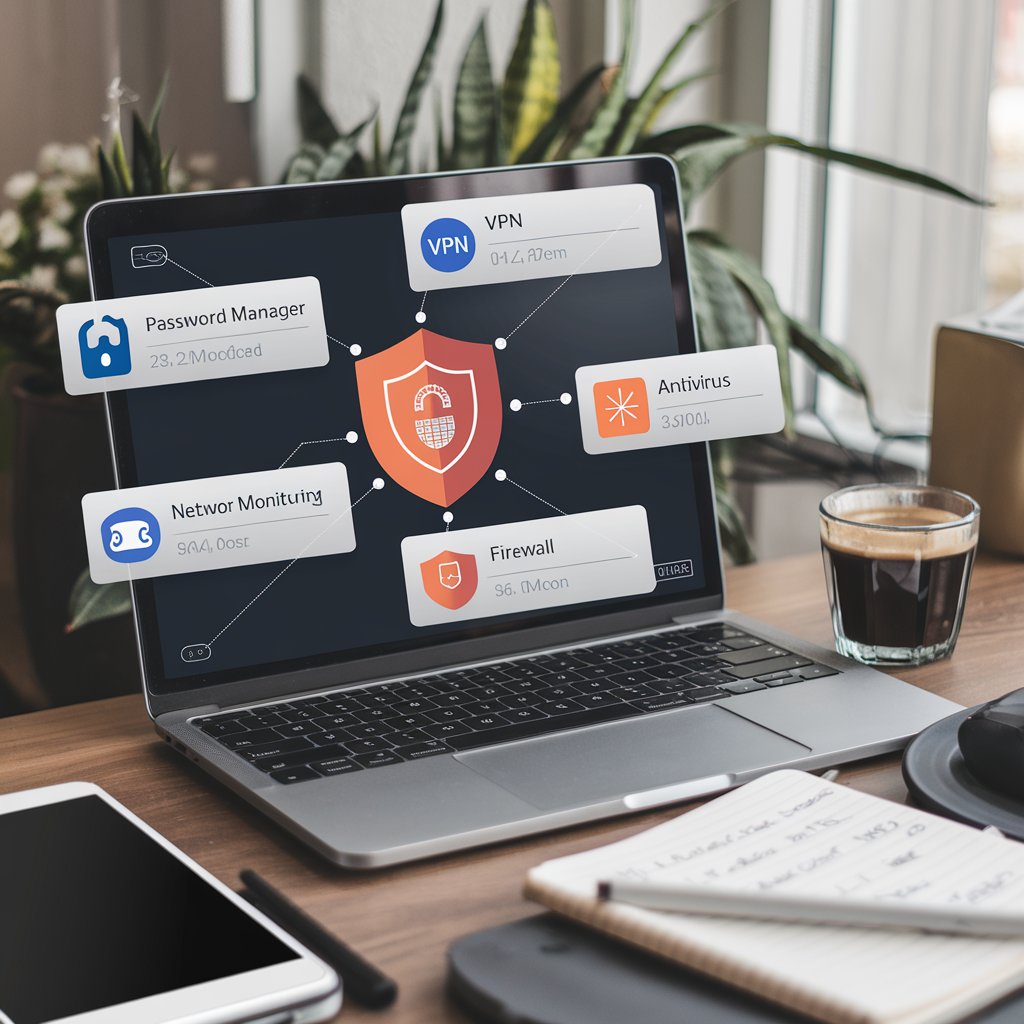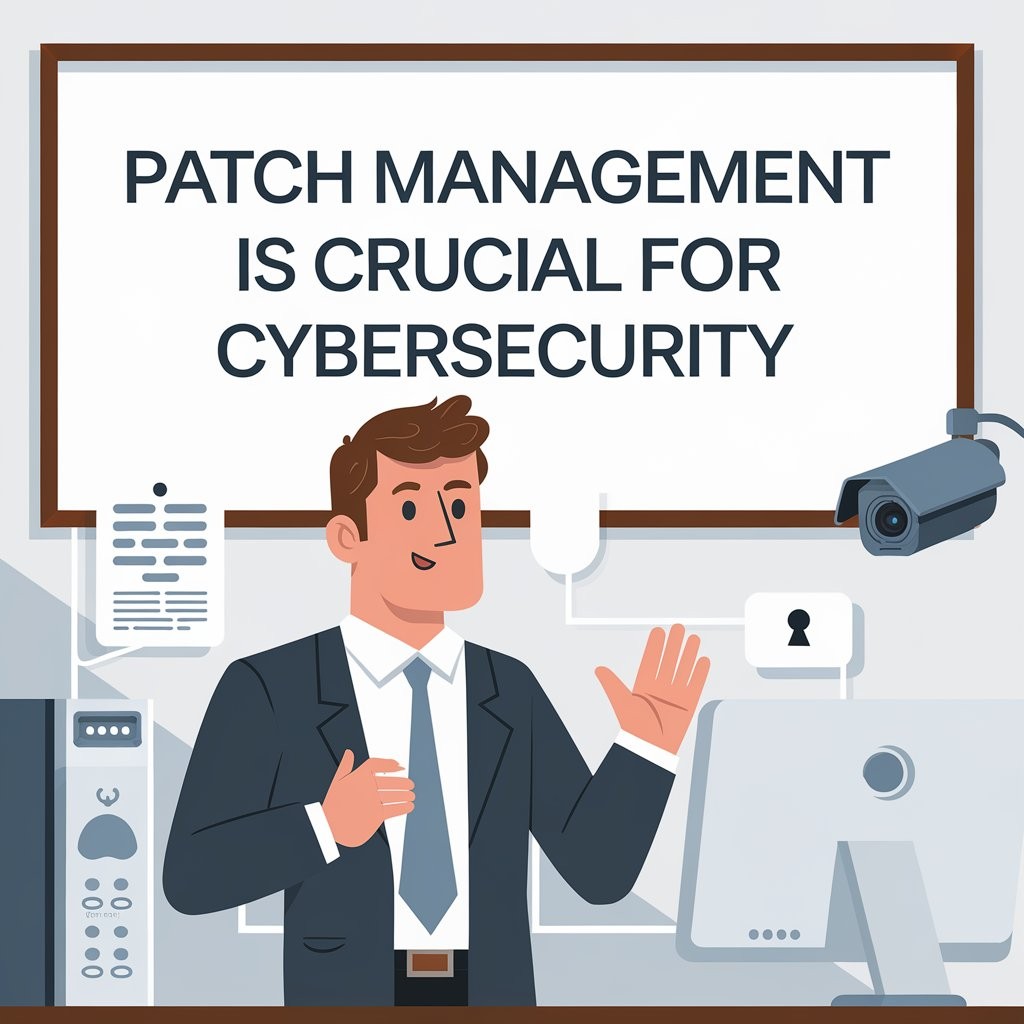Cybersecurity Consulting Services: What to Expect
News & Insights
10 Min Read
As cyber threats continue to evolve and grow more sophisticated, businesses of all sizes are increasingly turning to cybersecurity consultants to protect their digital assets and ensure their operations remain secure. Whether you're a small business or a large enterprise, cybersecurity consulting services can help you navigate the complex landscape of cyber risks and develop strategies to safeguard your infrastructure, data, and reputation. But what exactly do cybersecurity consultants do, and what should you expect from these services? In this blog post, we’ll explore the core aspects of cybersecurity consulting and outline what businesses should expect when working with a cybersecurity consulting firm.
1. Risk Assessment and Analysis
One of the first steps in any cybersecurity consulting engagement is a thorough risk assessment. A consultant will begin by assessing your organization’s current cybersecurity posture to identify vulnerabilities and areas of risk. This can include:
Evaluating existing security measures: Consultants will examine your current firewalls, antivirus software, encryption practices, and other security tools to ensure they are configured properly and up to date.
Identifying potential threats: This involves evaluating your organization’s digital infrastructure and understanding the specific threats you face based on your industry, size, and the types of data you store.
Understanding the impact: Consultants will help you assess the potential impact of various cyber threats, including data breaches, malware infections, and other security incidents.
This risk assessment serves as the foundation for developing a tailored cybersecurity strategy, as it identifies your most critical vulnerabilities and prioritizes areas that require immediate attention.
2. Developing a Tailored Cybersecurity Strategy
Once the risk assessment is complete, the cybersecurity consultant will work with your team to develop a customized cybersecurity strategy. This strategy will address your specific business needs and the unique risks you face. A strong cybersecurity strategy typically includes:
Access controls: Consultants will help design and implement measures to control who can access sensitive systems and data within your organization. This often includes role-based access controls (RBAC) and the use of multi-factor authentication (MFA).
Incident response plan: Cybersecurity consultants will help you create or refine your incident response plan, outlining clear steps to take when a cyberattack occurs, ensuring a quick and effective response to mitigate damage.
Employee training: Consultants often provide cybersecurity training for your employees, educating them on best practices and how to identify potential threats like phishing emails or social engineering attacks.
Security architecture: The consultant will help design or improve your organization's network security architecture, ensuring that firewalls, intrusion detection/prevention systems, and other defenses are implemented properly.
A well-defined strategy helps minimize risks, improve operational efficiency, and provide peace of mind knowing your organization is prepared for potential security threats.
3. Compliance and Regulatory Guidance
Depending on your industry and location, your organization may need to comply with specific cybersecurity regulations and standards. This could include laws like the General Data Protection Regulation (GDPR), Health Insurance Portability and Accountability Act (HIPAA), Payment Card Industry Data Security Standard (PCI DSS), or others that are specific to your field.
Cybersecurity consultants help ensure that your organization complies with these regulations by:
Conducting audits: Consultants can audit your existing security policies, procedures, and systems to ensure compliance with relevant industry standards.
Implementing security controls: They will guide you in implementing the necessary security measures to meet compliance requirements, such as data encryption, secure data storage, and access controls.
Providing documentation: Consultants often help document your cybersecurity policies and procedures to demonstrate compliance during audits and inspections.
By ensuring that your business meets regulatory standards, consultants help mitigate legal risks and avoid potential fines or reputational damage.
4. Penetration Testing and Vulnerability Assessments
Penetration testing, also known as ethical hacking, is a key service that many cybersecurity consultants offer. Penetration testing involves simulating a cyberattack to identify vulnerabilities in your systems before malicious hackers can exploit them. The goal is to discover weaknesses in your network, applications, and security infrastructure and fix them before an actual attack occurs.
A typical penetration test will include:
Network testing: Identifying weaknesses in your network infrastructure, such as open ports, unpatched systems, and misconfigured firewalls.
Application testing: Evaluating the security of web and mobile applications to identify common vulnerabilities like SQL injection, cross-site scripting (XSS), and insecure authentication mechanisms.
Social engineering: Testing how vulnerable your employees are to social engineering attacks like phishing emails and phone scams.
By performing regular penetration tests and vulnerability assessments, consultants ensure that your business remains resilient to evolving cyber threats and prevent attackers from exploiting weaknesses.
5. Ongoing Support and Monitoring
Cybersecurity is not a one-time fix; it’s an ongoing process. Once a consultant has helped you implement the necessary security measures, they will often provide ongoing support and monitoring services to ensure your cybersecurity strategy stays effective as threats evolve. This may include:
Continuous monitoring: Many consultants offer Managed Security Service Provider (MSSP) solutions, where they continuously monitor your network for suspicious activity, potential breaches, and vulnerabilities.
Security updates and patch management: Keeping software, hardware, and applications up to date is crucial to protecting against new vulnerabilities. Consultants can manage the patching process, ensuring that your systems are always secure.
Regular security audits: Consultants will perform periodic audits to ensure your organization is following best practices and maintaining the required level of security.
Incident response support: If a cyberattack occurs, consultants can provide real-time support to help you respond, recover, and mitigate the damage.
By providing ongoing support, cybersecurity consultants ensure that your organization remains prepared to face emerging threats.
6. Cost and ROI
When considering cybersecurity consulting services, it's important to evaluate the potential costs and return on investment (ROI). While cybersecurity services can be an investment, the costs of a data breach or cyberattack—both financially and reputationally—can be far greater. Consultants will help you balance the investment in security with the potential risk of an attack, ensuring that your business remains protected without overspending.
Consultants typically offer flexible pricing models based on your needs, including hourly rates, project-based fees, or ongoing service contracts. The return on investment comes from reduced risks, minimized downtime, and avoided costs associated with data breaches or compliance violations.
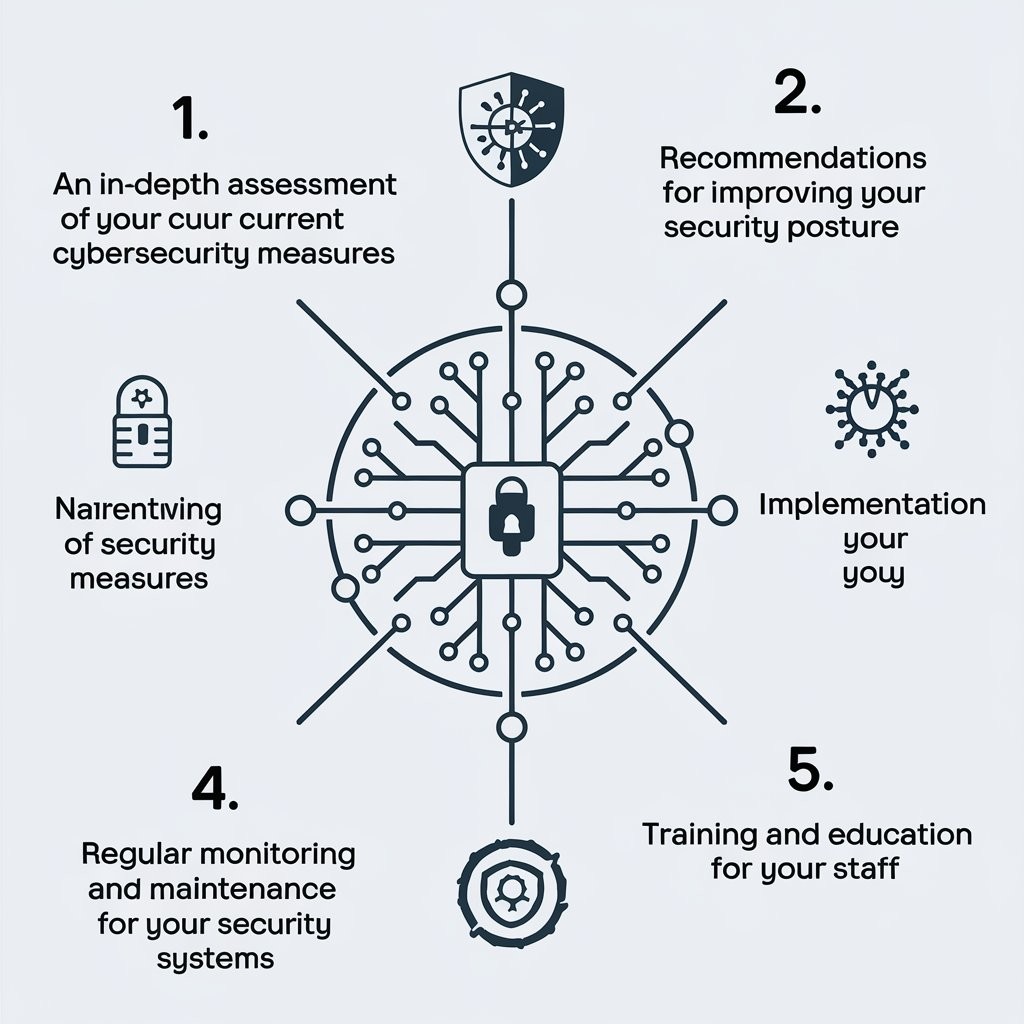
Conclusion
Cybersecurity consulting services are essential for businesses that want to protect themselves from growing cyber threats. Whether you’re a startup or an established enterprise, working with a cybersecurity consultant helps you develop and implement a robust security strategy, mitigate risks, and comply with industry regulations. From risk assessments to penetration testing, ongoing monitoring, and incident response support, cybersecurity consultants provide invaluable expertise to keep your organization secure.
By partnering with a trusted cybersecurity consultant, you ensure that your business is equipped with the tools and strategies needed to stay ahead of evolving threats, minimize damage, and maintain the trust of your customers and stakeholders. audit3aa
Join our newsletter list
Sign up to get the most recent blog articles in your email every week.



